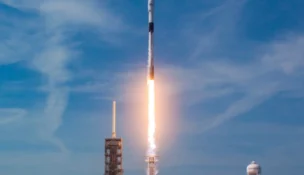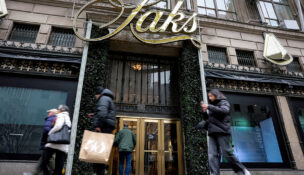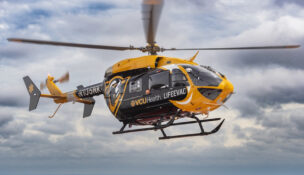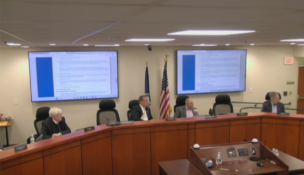Bills would allow businesses to take greater advantage of crowdfunding
Virginia Business //February 3, 2015//
Bills would allow businesses to take greater advantage of crowdfunding
Virginia Business //February 3, 2015//
Imagine you have an innovative business idea but not enough money to turn it into reality. You soon might be able to take greater advantage of crowdfunding, thanks to legislation moving through the General Assembly.
On Monday, the House of Delegates unanimously passed a bill to create an exemption from some requirements of the Securities Act, which will make it easier for individuals and small businesses to raise money through crowdfunding.
Del. Scott Taylor, R-Virginia Beach, is the chief sponsor of House Bill 1360. He described crowdfunding as “the collective effort of individuals who support business efforts of other individuals or organizations through finance in the form of equity.”
“The greatest challenge that startups with good ideas face is finding the capital to grow,” Taylor said. “Crowdfunding has grown to a multibillion-dollar industry that lets entrepreneurs make their case to small investors and get their ideas off the ground.”
On Friday, the Senate unanimously passed a similar measure – Senate Bill 763, sponsored by Sen. John Edwards, D-Roanoke. The two chambers still must agree on the details of the legislation.
Existing regulations can impede crowdfunding: An investor can contribute to a startup through Kickstarter, for example, but they can’t receive a share of the company in return. Only accredited investors with deep pockets can do that – people who earn more than $200,000 per year and/or have $1 million in assets excluding their primary residence.
The legislation before the General Assembly would allow a business or individual to raise up to $2 million a year through crowdfunding. The business venture could not get more than $10,000 from any single donor (unless the donor is an accredited investor).
Supporters say crowdfunding would make it easier for Virginians to invest in Virginian companies and create jobs.
“This legislation will help us invigorate our private sector business community and cultivate the next generation of entrepreneurs in Virginia,” said Del. Chris Head, R-Roanoke. “It really is going to help us move through the regulatory barriers and the funding barriers and is going to give a great opportunity for new employment and business expansion in the commonwealth.”
Many people are already familiar with crowdfunding websites such as Kickstarter, GoFundMe and Indiegogo. These sites make it easy for anyone with any idea to put it out there and invite other people to help fund it.
“While our bill will allow for Virginians to have easier access to capital, it means to test the demand of their product with a built-in audience,” Taylor said. “Virginians will be able to invest in Virginian companies that they love for equity, not simply for products or rewards. There is no doubt that this bill will create jobs, increase economic productivity and the American dream for many Virginians.”
At a press conference Monday, Michelle Logan, a Richmond entrepreneur, said crowdfunding helped her and her business partner, Marilyn Collins, start their own firm. With the help of Indiegogo, Logan and Collins raised over $20,000 in three weeks, and it fueled their startup.
“To me, crowdfunding is a unique method for both entrepreneurs and individuals to explore their passions,” Logan said. “Crowdfunding is the first tool that enables anyone to become an entrepreneur. Equally important is the power crowdfunding gives to the individual, by allowing them to combine their resources and invest in something bigger than themselves.”
Through crowdfunding, Logan and Collins started the company Marilyn and Michelle, which produces a women’s comfort product called the TaTa Topper.
Both Logan and Collins had double mastectomies; their recovery was difficult and uncomfortable. That experience led them to invent the TaTa Topper. The mattress topper comes with a breast area cutout with customizable inserts to create the size of the hole that a woman would need, allowing her to rest more comfortably after surgery.
“Because of the money raised through our crowdfunding campaign, we were able to manufacture the toppers right here in Virginia,” Logan said. “And the $20,000 that we made through our Indiegogo campaign has been reinvested in our local community.”



















